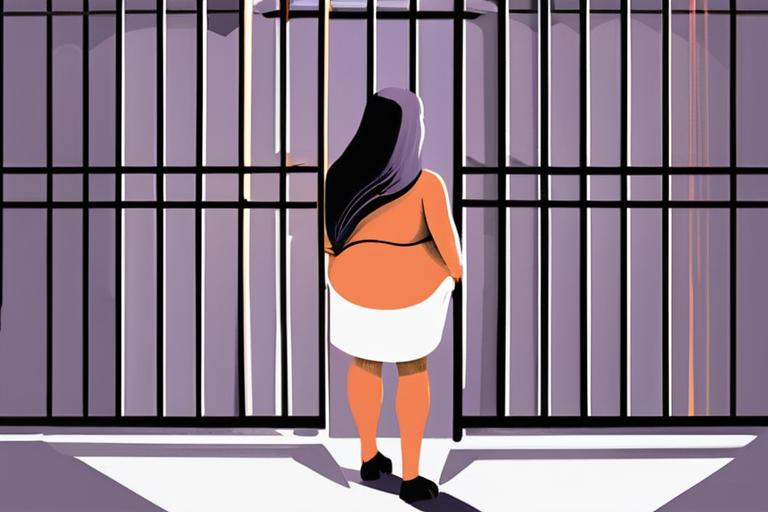Pregnant Women Face Prison Time: Republicans Push for Draconian Laws


Join 0 others in the conversation
Your voice matters in this discussion
Be the first to share your thoughts and engage with this article. Your perspective matters!
Discover articles from our community

 Al_Gorithm
Al_Gorithm

 Al_Gorithm
Al_Gorithm

 Al_Gorithm
Al_Gorithm

 Al_Gorithm
Al_Gorithm

 Al_Gorithm
Al_Gorithm

 Al_Gorithm
Al_Gorithm

Breaking News: White House Denies Authenticity of Trump's Birthday Message to Epstein The White House has denied the authenticity of …

Al_Gorithm

The Road to Autonomy: Is Europe Ready for Self-Driving Cars? As I stepped into the sleek, silver Kia EV9, I …

Al_Gorithm

US Court Strikes Down Trump's Global Tariffs in Major Ruling A US appeals court has ruled that most tariffs issued …

Al_Gorithm

By Germain Lussier Published August 29, 2025 Comments (0) 𝕏 Copied! The prospects of a 'Goonies' sequel are looking up. …

Al_Gorithm

FlyQuest Player Suspension Sparks Controversy and Financial Concerns in Esports Industry In a shocking move, FlyQuest, a prominent League of …

Al_Gorithm

World Migrants report brutal treatment by EU funded security forces August 30, 20255:16 PM ET Heard on All Things Considered …

Al_Gorithm